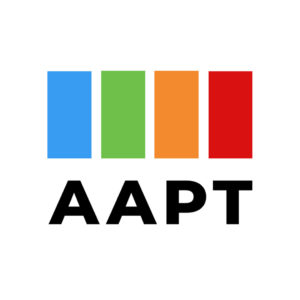Online first articles from volume 3
Volume 3, Inclusive Pedagogies, edited by Kelly A. Burns, will be out soon.
Dialogue, Integration, and Action
Empowering Students, Empowering Community
Hoping to expand upon public philosophy endeavors within higher education, the following captures the story behind the course Dialogue, Integration, and Action. The course has yielded a number of innovative pedagogical tools and engagement strategies likely to be of value to philosophy instructors seeking to explore a more participatory, experiential educational approach. As a transdisciplinary, community-engaged philosophy class, it engages students in the theories and practices of deliberative democracy and activism, encouraging the development of dialogic skills for their personal, professional, and civic lives. By documenting the community-instructor-student collaborative design of the university course; the feminist pragmatist philosophic commitments underlying its design; the community-led and student-facilitated dialogue and the subsequent public report, as well as the impact of this work on the students, the community partner, and the instructor, the article highlights the benefits and the challenges of undergraduate philosophic engagement that emerges from and responds to place-based needs.
Kristin Schaupp
Diotima and the Inclusive Classroom
Despite a growing awareness that the philosophical canon consists almost exclusively of white male philosophers, it can be tempting to ignore the problem—especially for those who lack either the time or the expertise to fix it. Yet philosophical practice regularly requires us to raise questions and acknowledge issues even when we lack solutions. Engaging students in a discussion about dismissive or exclusionary comments that they notice (or ought to have noticed) in the reading is a good place to start; it provides insight into the origins of the problem and acknowledges its wide-reaching impact. For example, analyzing an editorial comment about Diotima during a class on Plato’s Symposium allows us to recognize and reconsider our assumptions about the impact of women on philosophy, a reflection that becomes even more salient when we realize that neither Plato nor the Socrates depicted in his dialogues seem to find anything ridiculous about the suggestion that the theory stems from a woman. This easy intervention provides us with a blueprint for envisioning similar responses in other courses.
Ruthanne Crapo and Matthew Palombo
Postcolonial Pedagogy and the Art of Oral Dialogues
This paper explores postcolonial pedagogy and the use of oral dialogues as a way to assess college students and cultivate intellectual virtues in philosophy courses. The authors apply the theories of postcolonialism, particularly the emerging work of “poor theory,” to affirm the academic validity of oral dialogues and subaltern philosophy for a pedagogical framework of equity that goes beyond inclusion. Oral dialogues utilize an epistemology of the body in contexts of scarcity to increase student success and retention. The authors offer two case studies that exemplify the promise and complications of oral dialogues. The paper does not argue for the replacement of written philosophical work, but rather, draws attention to the symbiotic relationship between oral and written philosophy.
